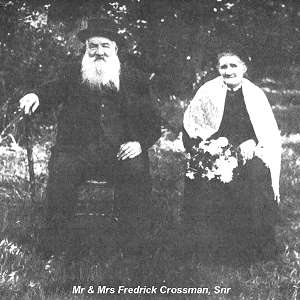Advocates of inclusion are often those who will be least affected by the policies they advocate. Halting sites, social housing schemes, rehabilitation centres are seen as laudable enterprises, provided they do not affect the ambience of middle class areas, provided they are located in someone else’s neighbourhood.
In the sphere of education, it is hard to imagine that the children of government ministers and senior civil servants are likely to encounter the children whose “inclusion” is advocated by educationalists.
The local school is the only opportunity in life that most working class children will experience. Parents cannot afford for them to travel elsewhere, they certainly cannot afford the cost of private education. If the local school does not equip children to take the life chances that are offered to them, then there will be few other options.
How do I know this? Because I grew up in a council house with an outside toilet and realised very quickly that, without the chance to learn at the schools I attended, life would have been very restricted. In the four decades since I left school, I have met many people like myself who would have testified to how their school had been the foundation for the careers and the lives they pursued.
Were the government sympathetic to working class people, it would wish to guarantee that children from less affluent homes were able to attend the best possible schools. It would wish to do nothing that would have an adverse impact upon the life opportunities of those whose parents cannot pay for education.
Thinking about how unsettled school life has become in the past year, it was not reassuring to read a headline on the Schools Week site, “The Department for Education has confirmed a shake-up of in-year admissions to stop schools turning away “challenging” pupils will come into force in September.” It seems schools have sought to protect themselves from disruption by using procedural devices, as would seem reasonable if one were a head teacher in a school where the equilibrium was fragile and where education is the best hope for the overwhelming majority of the children.
Reading through the report, there is a definition of what “challenging” means:
“Behaviour can be described as challenging where it would be unlikely to be responsive to the usual range of interventions to help prevent and address pupil misbehaviour or it is of such severity, frequency, or duration that it is beyond the normal range that schools can tolerate.
“We would expect this behaviour to significantly interfere with the pupil’s/other pupils’ education or jeopardise the right of staff and pupils to a safe and orderly environment.”
Of course, private schools need have no fear, and faith schools have become selective through their admissions criteria, meaning that the most “challenging” pupils are likely to be directed towards schools where students already face the greatest life challenges.
Of course, everyone is entitled to an education, but the government should ensure that attempts to facilitate the education of a small number do not hurt the greater number who may be equally, if not more, vulnerable, those for whom sitting in orderly classroom and completing their lessons may give them the only chance in life that they will have.




